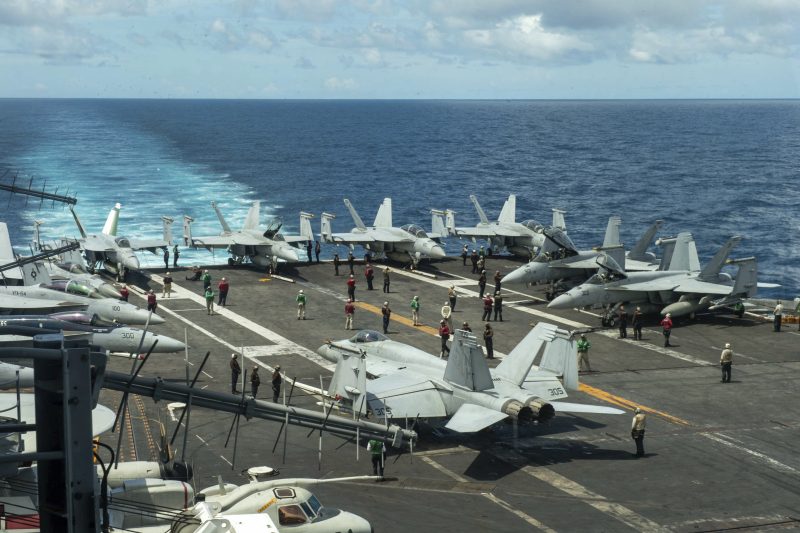The situation in the Middle East has escalated in recent days with the news of U.S. forces moving towards Israel in response to threats from Iran. The tension between the two countries has reached a critical point, prompting concerns about the potential for a large-scale conflict in the region.
It is reported that Iran has threatened to launch attacks on Israel, citing the presence of U.S. troops in the region as a provocation. The Iranian leadership has accused the United States of interfering in the affairs of the Middle East and supporting Israel’s actions in the region.
In response to these threats, the United States has decided to bolster its military presence in Israel and the surrounding areas. This move is seen as a show of solidarity with Israel and a warning to Iran that any attack on the country will not be tolerated.
The presence of U.S. forces in Israel has raised concerns among regional powers, including Iran, as it represents a significant escalation in the ongoing tensions in the region. The prospect of a direct military confrontation between the United States and Iran is a cause for alarm for many countries in the region.
The situation is further complicated by the involvement of other regional players, such as Russia and Turkey, who have their own interests in the Middle East. Any escalation of the conflict could have far-reaching consequences for the entire region and beyond.
Diplomatic efforts are currently underway to defuse the tensions and prevent a full-scale conflict from breaking out. The international community is closely monitoring the situation and calling for restraint on all sides to avoid a catastrophic outcome.
As the situation continues to evolve, it is crucial for all parties involved to prioritize dialogue and diplomacy to address their differences and avoid any further escalation. The stakes are high, and the consequences of a military conflict in the region would be devastating for all parties involved.
